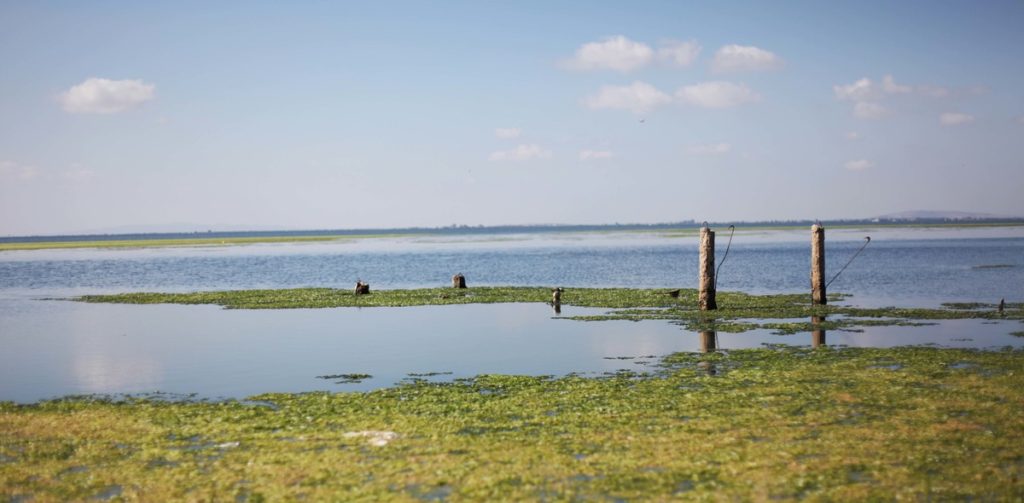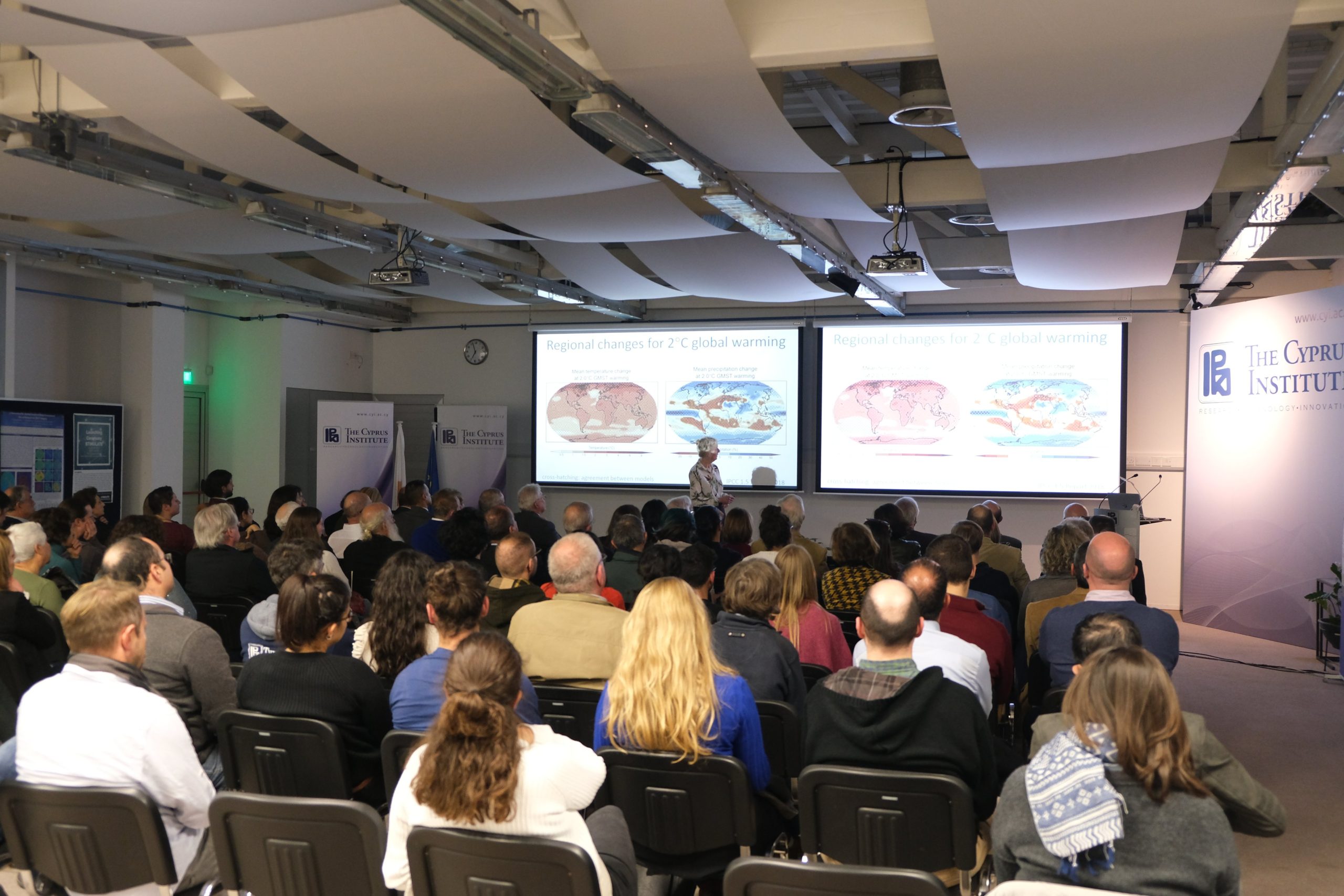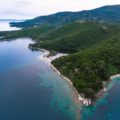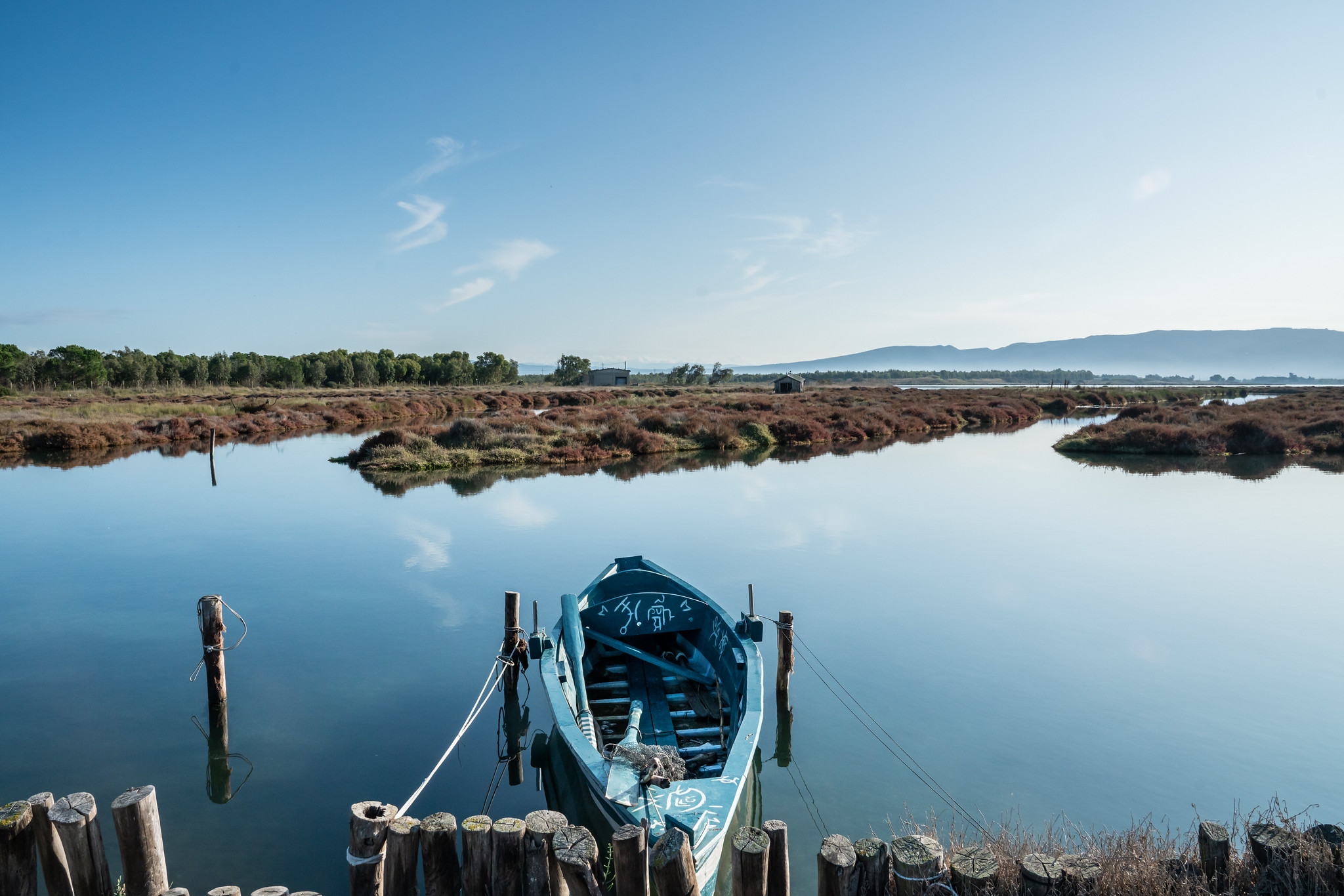Sea-level rise will be one of the major climate change-induced risks of the 21st century for coastal areas. According to the Sixth Assessment Report of IPPC released on February 28th 2022, it is virtually certain that global mean sea level will continue to rise over the 21st century. Relative to the period 1995–2014, the likely global mean sea level rise by 2100 can reach 1 m under the very high GHG emissions scenario (SSP5-8.5) which would lead to the loss of 90% of the world’s coastal wetlands.
“The climate events we are facing today are becoming more and more frequent, extreme and devastating. In the Mediterranean, the consequences are becoming dramatic for many species – natural cycles are being unbalanced, and we are seeing changes in everything from plant growth cycles to the nesting seasons of migrating birds. No one can doubt that the climate crisis has been caused by humanity – but it is not too late, humanity can also fix things with the help of nature. Natural solutions are available, like the sustainable use, conservation and restoration of coastal wetlands. These champion ecosystems have a great capacity to absorb carbon emissions and help our adaptation efforts in a warming world.” Alessio Satta, Secretary, MedWet (The Mediterranean Wetlands Initiative)
There is still a lot of uncertainty over how the ice sheet may be affected by melting over the next century, but some high-end scenarios are truly alarming. The high-end scenarios include a greater rise in sea level associated with the possibility of a greater speed in the ice melting during the 21st century.
For this reason, although being less probable, they are primarily considered because of security reasons in urban areas. Moreover, as presented by WGII of IPCC, coastal flood damage is projected to increase at least 10-fold by the end of the 21st century.
With temperatures going up 20% faster than the global average, the Mediterranean basin is one of the hotspots of this global crisis. According to satellite images from the last 35 years, the Mediterranean Sea has been warming almost three times more than most other oceans.
Within this context, most coastal wetlands in the Mediterranean will disappear near the end of the 21st century, with dramatic consequences for coastal communities and local economies. Millions of people, more than a third of the Mediterranean population, will face heightened risks of drought, water shortages and coastal flooding unless GHG emissions are dramatically and quickly reduced.
IPCC Press release: Climate change: a threat to human wellbeing and health of the planet. Taking action now can secure our future
IPCC Report: Climate change 2022: Impacts, Adaptation and Vulnerability – (Summary for policymakers of the IPCC Working Group II – SIXTH ASSESSMENT REPORT)
Editorial notes
– GHG= greenhouse gas
– SSP5-8.5: According to IPCC there are five scenarios which are based on reference socio-economic trajectories – the SSPs (Shared Socioeconomic Pathways) – developed by the scientific community in order to create a common framework for thinking about the issues related to climate change.
Five narratives are describing possible social, economic, political and technological developments by the end of the century. These five narratives are used to model different scenarios of evolutions of the economic, energy and land use systems. Some of these scenarios were constrained by the achievement of a climate objective (these are called “transition scenarios“), while others were not (“reference scenarios“).
– SSP5-8.5 is the very high GHG emissions. Current CO2 emissions levels roughly double by 2050. The global economy grows quickly, but this growth is fueled by exploiting fossil fuels and energy-intensive lifestyles. By 2100, the average global temperature is a scorching 4.4C higher.
For further information: Chantal Menard – menard (at) medwet.org



